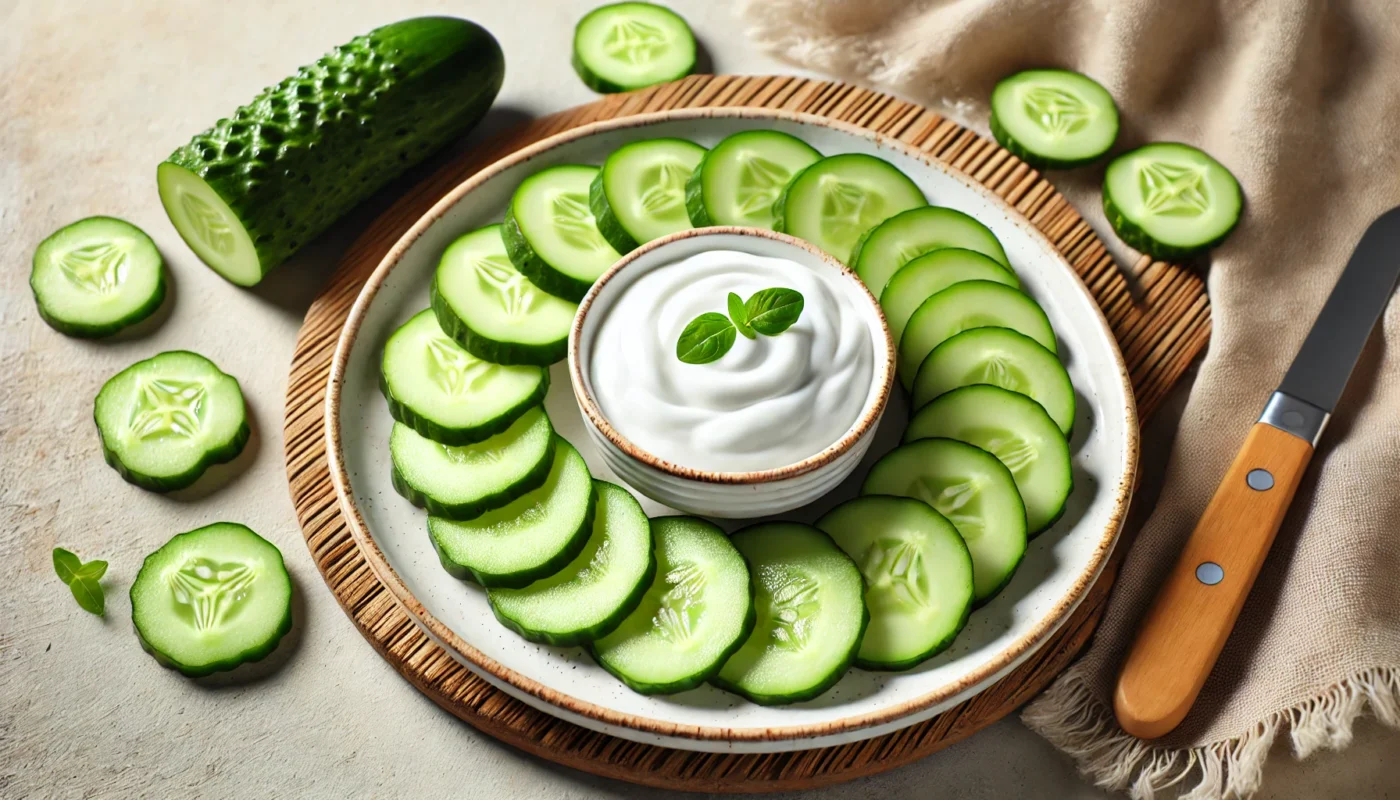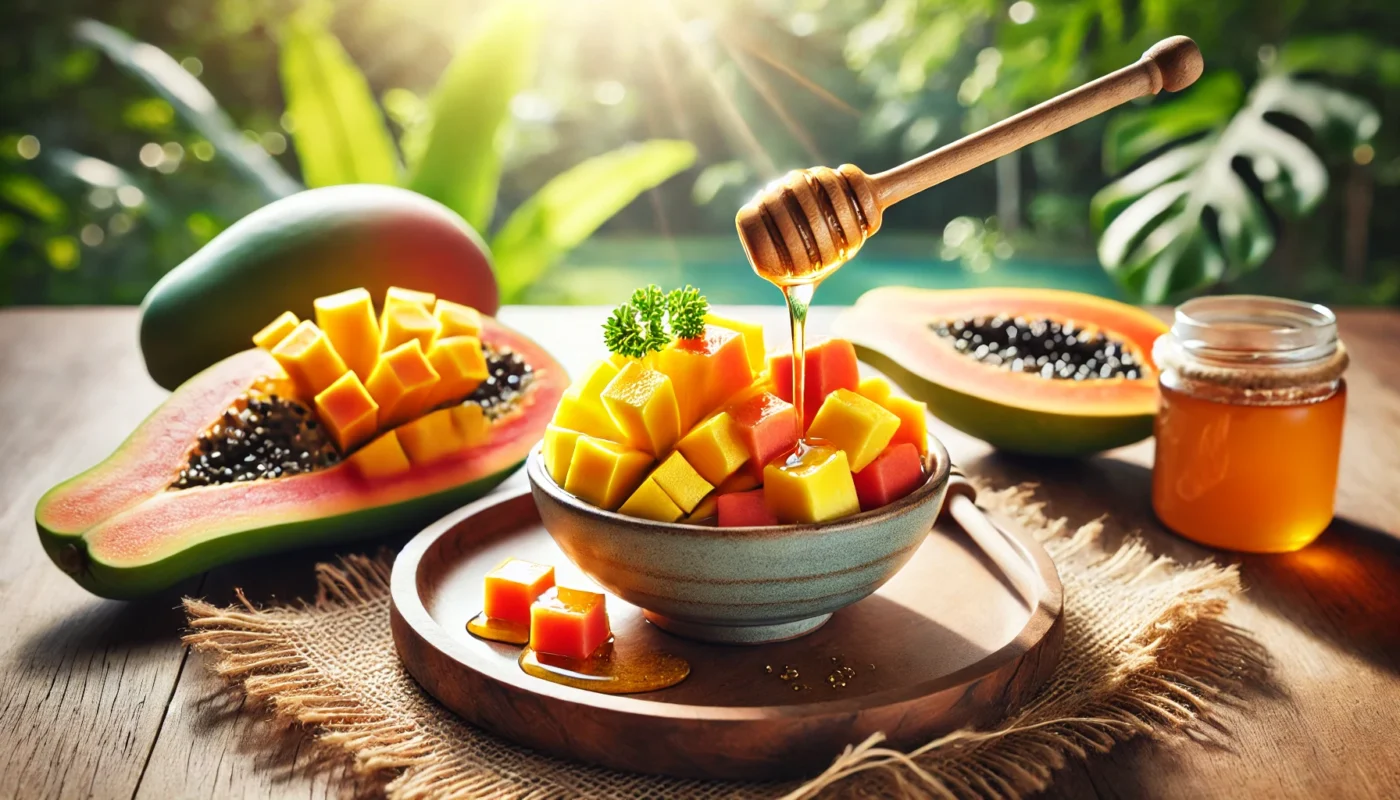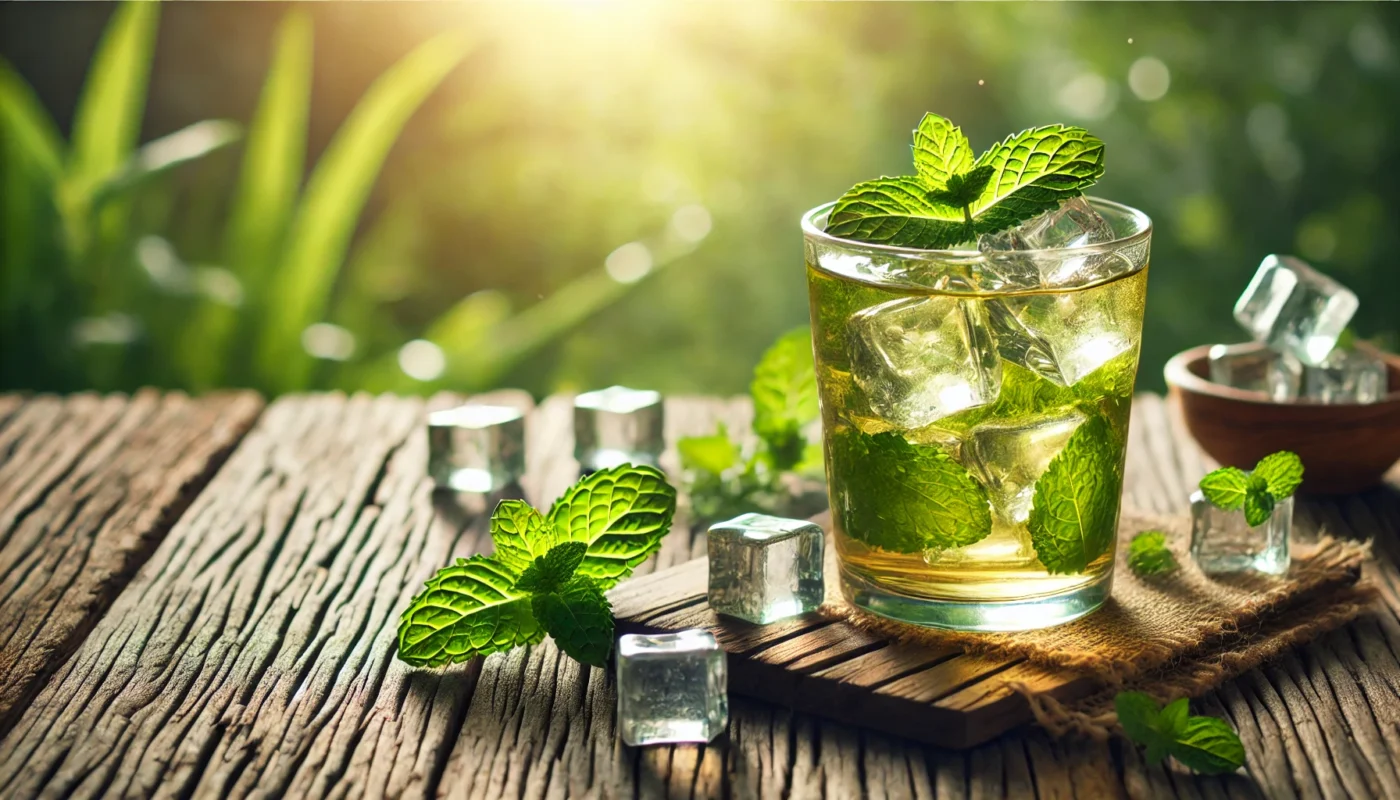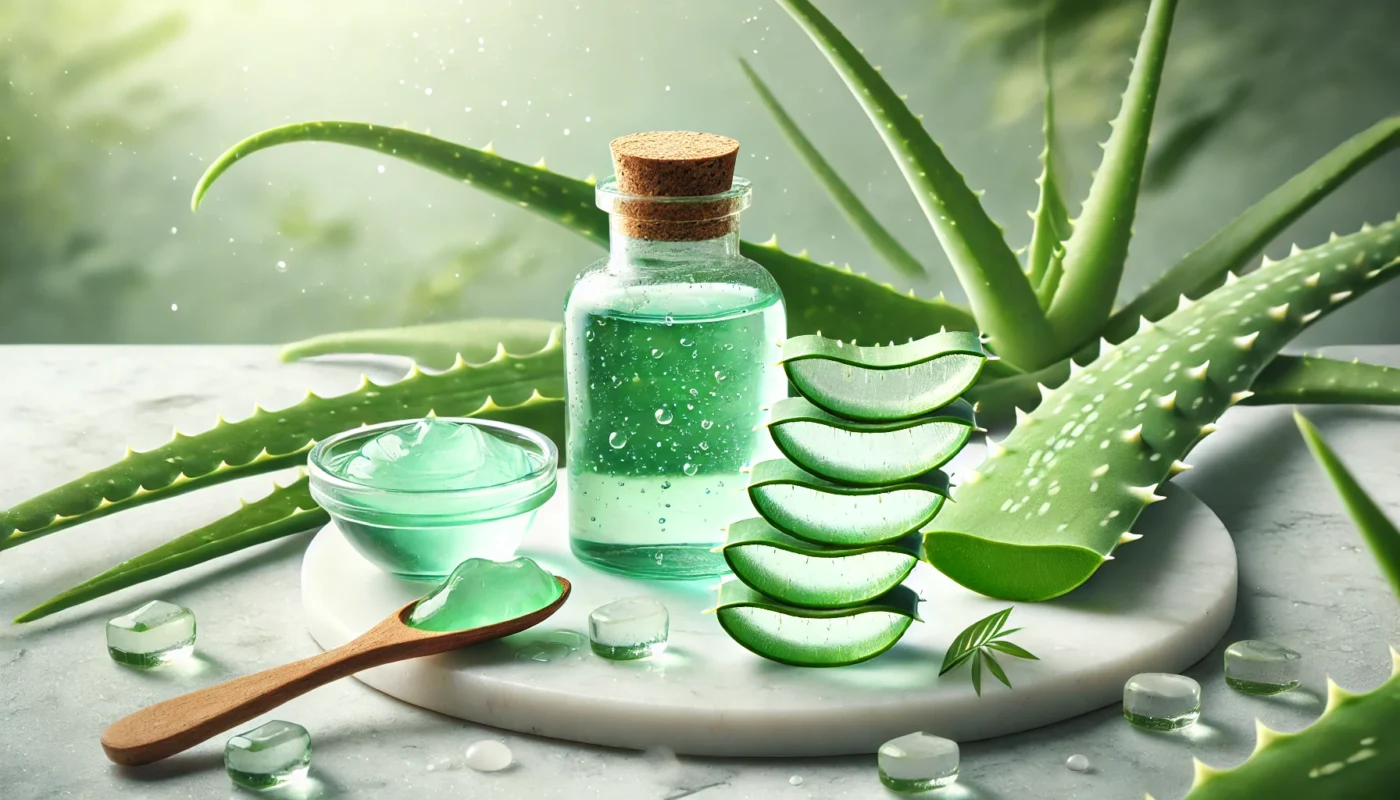Sunburn is essentially an inflammatory reaction to ultraviolet (UV) radiation damage to the skin’s outermost layers. This damage is not only painful but can also lead to long-term consequences such as premature aging and an increased risk of skin cancer. The body’s natural response to sunburn involves increased blood flow to the affected area, which leads to the redness and warmth associated with sunburn.
You may also like: Essential Tips for Sun Protection Daily
The Science Behind Sunburn
When the skin is exposed to UV radiation, the damage occurs at a cellular level. The DNA in skin cells can become damaged, triggering an inflammatory response. This response is what causes the redness, pain, and swelling that is typical of sunburn. Understanding this process underscores the importance of protecting our skin from excessive sun exposure.
Long-term Effects of Sunburn
Repeated sunburns can result in cumulative damage over time. This includes the breakdown of collagen and elastin fibers, leading to premature aging such as wrinkles and sagging skin. Additionally, the risk of skin cancer increases with each sunburn, as the DNA damage accumulates and may lead to mutations.
Symptoms and Immediate Reactions
Sunburn can range from mild to severe, with symptoms appearing a few hours after exposure. These can include redness, warmth, tenderness, and sometimes blistering. The skin may also peel as it heals, a process that can be itchy and uncomfortable. Recognizing these symptoms early can help in managing the condition more effectively.
Why Nutrition Matters
The nutrients you consume can influence the body’s ability to heal and repair itself. Certain foods are rich in antioxidants, vitamins, and minerals that can reduce inflammation, promote cell repair, and improve skin hydration. Conversely, some foods can exacerbate inflammation and delay the healing process.
The Role of Antioxidants
Antioxidants are crucial for combating oxidative stress caused by UV radiation. They neutralize free radicals, which are unstable molecules that can cause further damage to skin cells. Consuming foods high in antioxidants can help mitigate this damage and support the skin’s recovery.
Vitamins and Minerals for Skin Health
Vitamins such as A, C, and E, and minerals like zinc and selenium, play vital roles in skin health. Vitamin C, for instance, is essential for collagen production, while vitamin E offers protection against UV damage. Ensuring adequate intake of these nutrients can enhance the skin’s resilience and repair mechanisms.
Hydration and Skin Repair
Keeping the body well-hydrated is fundamental to skin health. Water is involved in numerous physiological processes, including the transport of nutrients to skin cells and the removal of waste products. Staying hydrated supports the skin’s natural barrier function and aids in quicker recovery from sunburn.
Foods That Help with Sunburn
1. Watermelon
Watermelon is an excellent source of hydration, containing about 92% water. Hydration is crucial when dealing with sunburn as it helps maintain the skin’s moisture levels and supports the body’s natural healing processes. Additionally, watermelon contains lycopene, an antioxidant that can help reduce inflammation and protect against further UV damage.
Hydration Benefits
The high water content in watermelon helps replenish lost fluids and prevent dehydration, which is critical for recovery. Proper hydration ensures that nutrients are efficiently delivered to the skin cells, aiding in their repair and regeneration.
Lycopene’s Protective Role
Lycopene, the pigment responsible for watermelon’s red color, has been shown to protect skin cells from UV-induced damage. Consuming lycopene-rich foods can help in building a natural defense against the harmful effects of the sun.
Incorporating Watermelon Into Your Diet
Watermelon can be enjoyed in various forms, such as fresh slices, smoothies, or even in salads. Its sweet, refreshing taste makes it a versatile addition to your diet during the summer months.
2. Green Tea
Green tea is rich in polyphenols, particularly catechins, which have anti-inflammatory and antioxidant properties. Drinking green tea can help reduce the severity of sunburn and may even offer some protection against future UV damage. For a soothing effect, consider applying cooled green tea bags directly to the sunburned areas.
Anti-inflammatory Properties
The catechins in green tea are powerful anti-inflammatory agents that can help reduce the swelling and redness associated with sunburn. Regular consumption can also help decrease the skin’s sensitivity to UV light over time.

Antioxidant Benefits
Green tea’s antioxidants help repair damaged skin cells by neutralizing free radicals. This can speed up the healing process and prevent further damage to the skin’s structure.
Topical Applications
Using cooled green tea bags or brewed tea as a compress can provide immediate relief to burned areas. The cooling effect combined with the tea’s natural properties can soothe irritation and discomfort.
3. Tomatoes
Tomatoes are another lycopene-rich food that can be beneficial for sunburned skin. Consuming tomatoes or tomato-based products can increase lycopene levels in the skin, offering some protection against UV damage and reducing inflammation.
Increasing Lycopene Absorption
Cooking tomatoes enhances the bioavailability of lycopene, making it easier for the body to absorb. Incorporating cooked tomato products like sauces and soups can maximize these benefits.
Anti-inflammatory Effects
The antioxidants in tomatoes can help reduce the inflammatory response triggered by UV exposure. This helps in minimizing redness and swelling, making recovery more comfortable.
Versatile Culinary Uses
Tomatoes can be incorporated into a variety of dishes, from fresh salads to hearty sauces. This versatility makes it easy to include them in your diet consistently.
4. Cucumber
Cucumbers are incredibly hydrating and have a cooling effect on the skin. They contain silica, which is essential for skin health, as well as antioxidants that help reduce swelling and redness. Applying cucumber slices directly to the skin can provide immediate relief from the heat and discomfort of sunburn.
Cooling and Hydrating Properties
Cucumbers have a high water content, which helps hydrate the skin from the inside out. Their cooling effect can also soothe burned skin, providing instant relief.
Silica for Skin Health
Silica is a mineral that supports the health and elasticity of the skin. Consuming cucumbers can contribute to maintaining a healthy skin structure, promoting quicker recovery from sunburn.
Direct Application Benefits
Applying cucumber slices or juice to the skin can reduce inflammation and provide a soothing sensation. This method is particularly effective for relieving the immediate discomfort of sunburn.
5. Fatty Fish
Fatty fish like salmon, mackerel, and sardines are high in omega-3 fatty acids, which possess potent anti-inflammatory properties. These healthy fats can help reduce the inflammation associated with sunburn and promote the repair of damaged skin cells.
Omega-3 Fatty Acids
Omega-3s are known for their ability to modulate the body’s inflammatory response. Including fatty fish in your diet can help reduce redness and swelling, making sunburn more manageable.
Skin Cell Repair
The healthy fats found in fish aid in the repair and regeneration of skin cells damaged by UV exposure. This supports the overall healing process and helps restore the skin’s integrity.
Dietary Suggestions
Incorporating fatty fish into your meals a few times a week can provide the necessary omega-3s. Grilled, baked, or broiled fish are healthy preparation methods that retain the beneficial properties of these foods.

6. Sweet Potatoes
Sweet potatoes are rich in beta-carotene, a precursor to vitamin A, which is vital for skin health. Beta-carotene can help reduce inflammation and enhance the skin’s ability to recover from sun damage.
Beta-carotene Benefits
Beta-carotene is converted into vitamin A in the body, which is crucial for skin repair and regeneration. This nutrient helps reduce the inflammatory response and supports the skin’s healing process.
Antioxidant Support
The antioxidants in sweet potatoes can help protect skin cells from further damage and support the repair of existing damage. This makes them a valuable addition to a sunburn recovery diet.
Culinary Uses
Sweet potatoes can be prepared in numerous ways, from roasted to mashed, making them a delicious and versatile ingredient in meals. Their natural sweetness and nutritional benefits make them a favorite among many.
Foods to Avoid with Sunburn
1. Processed Foods
Processed foods, particularly those high in refined sugars and unhealthy fats, can exacerbate inflammation and delay the healing process. It’s best to avoid sugary snacks, fried foods, and processed meats when dealing with sunburn.
Impact of Refined Sugars
Refined sugars can spike insulin levels, which may increase inflammation in the body. This can slow down the skin’s natural healing process, making it essential to minimize their intake.
Unhealthy Fats and Inflammation
Trans fats and saturated fats, commonly found in processed foods, can contribute to inflammation. Reducing these from your diet can help manage the inflammatory response associated with sunburn.
Alternatives to Processed Foods
Opt for whole, unprocessed foods that are rich in nutrients. Fresh fruits, vegetables, and lean proteins can support the body’s healing processes and provide the necessary nutrients for recovery.
2. Alcohol
Alcohol is dehydrating, which can worsen the effects of sunburn. Dehydration can lead to further skin damage and slow down the recovery process. If you’re sunburned, it’s wise to limit alcohol consumption and focus on hydrating beverages like water and herbal teas.
Dehydration Risks
Alcohol consumption can lead to dehydration, exacerbating the symptoms of sunburn. Staying hydrated is crucial for skin health, and alcohol can counteract this need.
Slowing Recovery
Alcohol can interfere with the body’s ability to repair itself by affecting sleep and nutrient absorption. Limiting alcohol intake can help the skin heal more efficiently.
Hydrating Alternatives
Choose beverages that support hydration, such as water infused with fruits or herbal teas. These options not only hydrate but also provide additional nutrients beneficial for recovery.
3. Spicy Foods
Spicy foods can increase blood flow and body temperature, which may intensify the discomfort of sunburn. Opt for milder meals that won’t exacerbate the heat and irritation of sunburned skin.
Blood Flow and Discomfort
Spicy foods can cause vasodilation, increasing blood flow and potentially intensifying the redness and heat associated with sunburn. Avoiding these can minimize discomfort.
Irritation and Inflammation
Capsaicin, the active component in spicy foods, can trigger inflammatory responses. Reducing spicy food intake can help control inflammation and promote healing.
Milder Meal Suggestions
Opt for meals that focus on cooling and soothing ingredients, such as salads, cold soups, and dishes with gentle spices. This approach can aid in recovery and provide relief from sunburn symptoms.
Practical Tips for Sunburn Recovery
In addition to consuming the right foods, here are some practical tips to help speed up the recovery process:
Stay Hydrated
Drink plenty of water throughout the day to keep your skin hydrated and support overall healing. Proper hydration ensures efficient nutrient delivery and waste removal, aiding recovery.
Cool Showers
Take cool showers or baths to soothe the skin. Avoid hot water as it can further irritate sunburned skin. The cooling effect helps reduce inflammation and provides relief from discomfort.
Moisturize
Apply a gentle, fragrance-free moisturizer or aloe vera gel to keep the skin hydrated and reduce peeling. This helps maintain the skin’s barrier and aids in faster recovery.
Rest
Allow your body to heal by getting plenty of rest and avoiding strenuous activities. Adequate rest supports the immune system and accelerates the healing process.

Conclusion
The road to recovery from sunburn involves more than just topical treatments. By incorporating the right foods into your diet, you can support your body’s natural healing processes and reduce the inflammation and discomfort associated with sunburn. Remember to avoid foods that can exacerbate the condition and focus on nourishing your body with hydrating, anti-inflammatory options. With these strategies in mind, you’ll be better equipped to manage sunburn and protect your skin in the future.
Further Reading:
If You Get Sunburned Easily, You Need These 13 Foods In Your Diet
sunburn, food for sunburn, foods that help with sunburn, hydration, antioxidants, skin health, nutrients, anti-inflammatory foods, vitamins for skin, recovery tips, healthy eating, foods to avoid with sunburn, nutrition, skin repair, summer health.
Important Note: The information contained in this article is for general informational purposes only, and should not be construed as health or medical advice, nor is it intended to diagnose, prevent, treat, or cure any disease or health condition. Before embarking on any diet, fitness regimen, or program of nutritional supplementation, it is advisable to consult your healthcare professional in order to determine its safety and probable efficacy in terms of your individual state of health.
Regarding Nutritional Supplements Or Other Non-Prescription Health Products: If any nutritional supplements or other non-prescription health products are mentioned in the foregoing article, any claims or statements made about them have not been evaluated by the U.S. Food and Drug Administration, and such nutritional supplements or other health products are not intended to diagnose, treat, cure, or prevent any disease.

